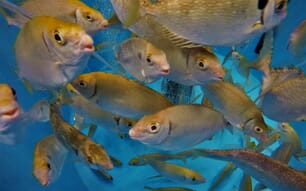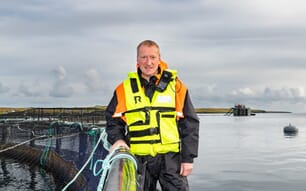ASF and SCNL are urging the Province to impose a moratorium on any further expansion of the salmon aquaculture industry and to carry out in-depth consultations towards solutions to the current issues at hand.
These include outbreaks of Infectious Salmon Anemia (ISA) and threats to wild salmon from thousands of farmed escapees, many of them entering south coast rivers, which are candidates for listing as threatened under Species At Risk Legislation.
The two salmon conservation organisations have concerns with this current government-led process since the province is a major investor in the aquaculture industry and is supposed to be the regulator at the same time. Billl Taylor, President of ASF, said: “We would prefer to support a process that sets up an independent panel to consult with the general public and scientific experts to develop unbiased legislation that results in an environmentally-sustainable salmon farming industry.”
ASF and SCNL are concerned that Newfoundlanders are being expected to provide comments on one of the biggest threats to biosecurity in southern Newfoundland, the open net pen aquaculture industry, with a week’s heads-up and only three weeks to give input.
“The salmon aquaculture industry in Newfoundland is completely out of control,” Don Hutchens, President of SCNL said.
“It has had six separate outbreaks of ISA in the past 17 months along the wild salmon migration route to the Conne and other rivers that have resulted in huge compensation payouts amounting to $43-million at the expense of tax payers. The Province of Newfoundland and Labrador has experienced plant closures, industry bankruptcies, people thrown out of work and growing threats to our wild salmon. How is that seen by government as responsible economic development?” questioned Mr Hutchens.
Despite the time constraints and potential bias of a process driven through partnership between industry and government, and because of the growing and urgent problems with open net pen aquaculture and its threat to wild Atlantic salmon and their environment, ASF and SCNL will be submitting their positions to this three-week process.




